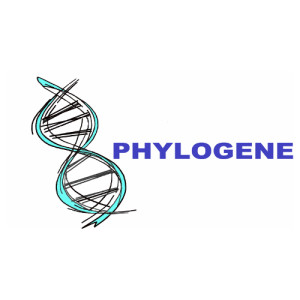New Sample Preparations for the Proteomic Analysis of Non-invasive Samples in Dermo-cosmetics by Phylogene
4 January 2021
In dermatology, proteomics makes it possible to discover potential molecular targets improving diagnosis as well as potential targets for drug development, in central mechanisms such as accelerated aging (fragility).
In cosmetics, proteomics can potentially dissect the mechanisms of molecular action of an active ingredient for the purpose of substantiation and understanding of phenomena such as damage induced by UVs or strengthening of the barrier function or hydration …
Several types of samples are available for dermo-cosmetic studies but non-invasive in vivo samples are still preferable as they limit medical complications, they allow repetitive samples as a function of time (kinetics possible), and direct work on the stratum corneum allows a direct study of barrier function or superficial inflammation.
Stripping remains the more efficient and easy way of sampling, but this type of sample presents significant technical challenges during proteomic analysis:
- Glue or plastic polymers are major contaminants that must be removed before digestion and mass analysis. This chemical contamination, even residual, will induce an increased number of maintenance of the MS systems.
- Extractions induce a great loss of sample.
These samples therefore require special care and remain a technical challenge. Given the importance of this type of sampling, continuous improvement of the protocols is carried out.
Phylogene developed new techniques hereunder called PAC and iST. Now, only 1 D-Squame is sufficient for an improved recovery yield of proteins when 6 D-Squame were previously necessary. After the first usually wasted D-Squame, the second is sufficient to obtain the proteins giving the information on main effects determined by bioinformatics analysis.

Contact us for further details
The efficient tools for discovery

Fax : +33 4 66 04 77 97e-mail : gskorski@phylogene.com
web : www.phylogene.com






 Follow us on Linkedin!
Follow us on Linkedin!
You must be logged in to post a comment.